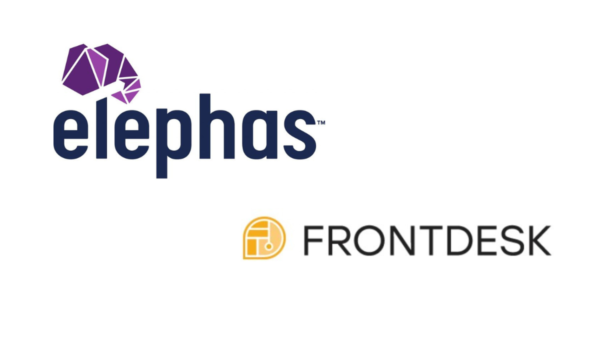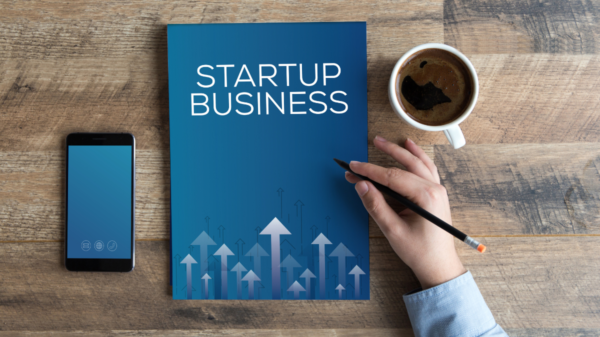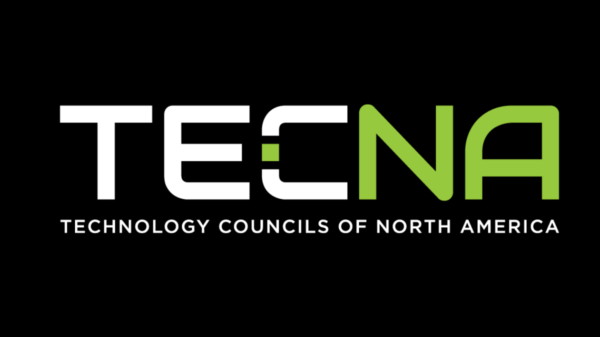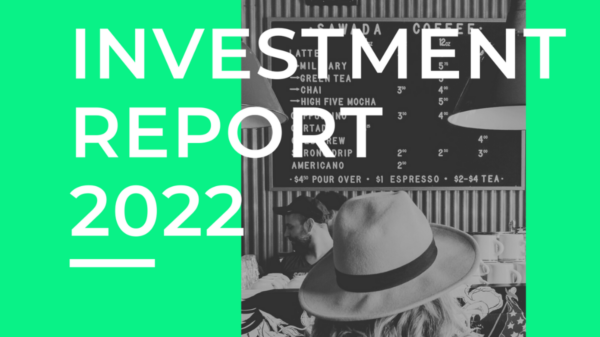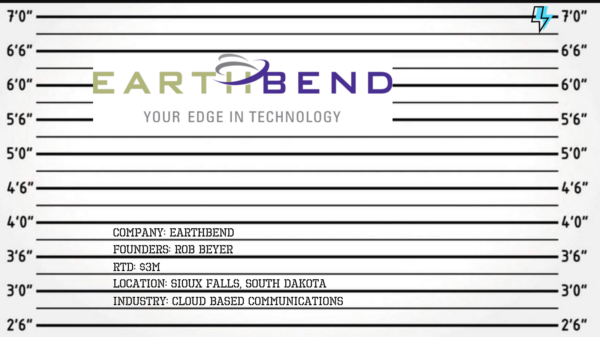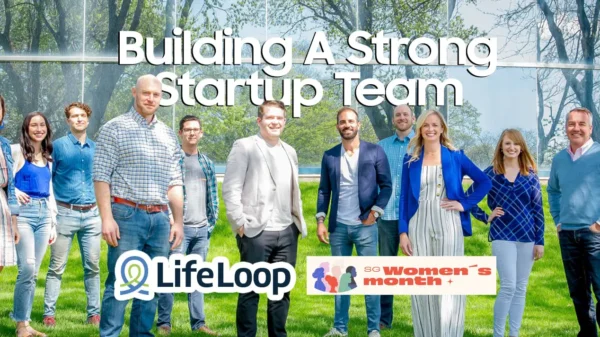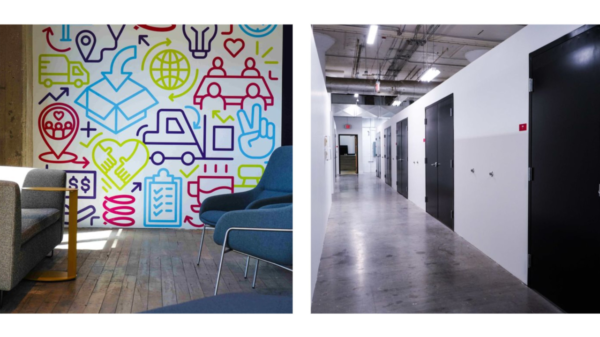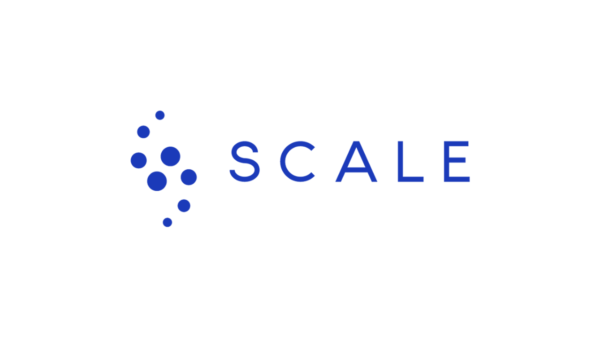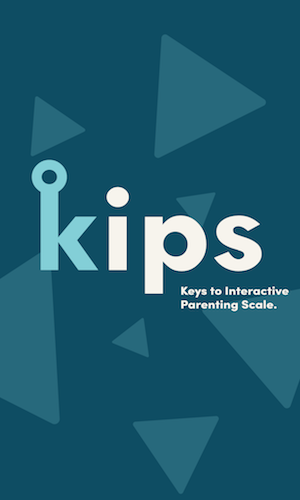Over the past decade, technology and sports have woven themselves together. Technology improves fan experiences, analytics are used to make real-time decisions during games, and players use technology in offseason training.
In 2015, the team at Stadia Ventures became the first “independent” accelerator to focus on the world of sports and early-stage companies. Stadia Ventures’ portfolio includes companies that work with stadium logistics, player performance, sports analytics, and even sports psychology via virtual reality.
Stadia Ventures defines itself as a venture capital firm with an accelerator that helps established sports start-ups take the next big step in their development as a business. Since starting their company in 2015, Stadia Ventures’s funds have fueled nearly sixty companies, with six companies having exited the portfolio during that time.
The Accelerator
Stadia Ventures’ accelerator program is exclusive and selective—accepting only 4-6 companies per hundreds of applications it receives each round. Cohorts are created twice a year with a fall and spring session. Once a company is selected for the accelerator program, it is assigned to a team of four to seven mentors, with one mentor designated to be the team’s lead. Mentors are carefully paired with companies to ensure that each cohort member will get the most out of its experience at StadiaVentures. Joe Pimmel, Managing Partner for Stadia Ventures, explained, “we customize the mentor teams that each company works with based on the industry, what they are trying to improve on, and other factors.”
The Stadia curriculum begins with a series of audits allowing the cohort and its mentors to decide on a select area of focus over the 14 weeks of the program. First comes a self-audit; companies take time for internal review, and strengths and weaknesses identification, and improvement strategies. Stadia brings in outside parties for two additional audits.
First, the companies each present their business model to roughly 300 of the leading industry executives. They all provide feedback to the company about what they are doing right and what changes to make. Second, Stadia brings in a group of experienced investors who also learn about each company’s current business model. These investors give guidance on what would make the companies more attractive to investors like themselves, and the investors offer ideas on what to change. From this point on, the experience is customized to meet the unique needs of each company, along with education that the entire cohort completes together.
What makes Stadia Ventures such an excellent experience for the companies that go through the accelerator? Stadia Ventures prides itself on the size and quality of its network and the connections it can make for young businesses. Brandon Janosky, another Managing Partner, remarked, “We target companies with existing sales who can leverage our experience and connections to increase their company’s value. Our strength is our mentors and advisors, who represent a “who’s who” of senior executives from the team and corporate side of the sports industry.”
The Future of Sports Tech
The landscape of sports is rapidly changing, and Stadia Ventures plans to evolve with it. According to Sport Techie, Stadia Ventures invests in three primary verticals:
1) Fan Engagement/Experience
While there are many areas to apply technology in the sports fan world, Pimmel noted two areas that are receiving considerable attention—sports betting and crowd intelligence. Sports betting is becoming legalized across many states. While Stadia Ventures does not invest in any sportsbooks, the company is interested in investing in the AI that serves as the structure for a new broad reach of sports gambling.
According to Pimmel, crowd intelligence has come to the forefront during the pandemic as venues try to keep their fans as safe as possible. Beyond public health, venues seek ways to better understand the movement of fans as a way to boost engagement both inside and out of the stadium.
2) Human Performance/Training
As for athletic training, athletes gain considerable advantage by incorporating new technology into their routines to maximize results. Stadia Ventures sees this as a high-growth market. That is why they have added companies such as Wearable X, a 2019 cohort member, to their portfolio. Wearable X is a company that specializes in “smart yoga.” Its product, the Nadi X, is a pair of yoga pants with integrated sensors that allow for correction of form in real-time. Technologies like the one present in Wearable X could be used in a variety of different exercises in the future to help athletes make the most of their training.
Another example in this space is the Columbia, Missouri-based company Healium, which was a member of the 2021 spring cohort in the accelerator. Healium is an augmented reality company that produces meditation content to help reduce stress, anxiety, and depression. Having a good mental state is good for everyone, but it can be vital for athletes to achieve their best performance in-game.
3) Consumer & Commerce
There are many areas in the Consumer & Commerce category in which Stadia Ventures will invest, including outdoor recreation, marketplace apps, and content/streaming. After observing the parallel growth of esports and video gaming early in Stadia Ventures’s history, the firm decided to expand its focus in that area beyond traditional sports. Stadia Ventures invests in companies that focus on the infrastructure of esports, as the partners at Stadia Ventures believe they represent a critical next frontier of entertainment that will grow into the infrastructure.
Stadia Ventures is the oldest and best-established company of its kind, with experience and success that speak for themselves. For anyone with a sports start-up space, a connection with Stadia Ventures can help companies take the next leap of success with their contacts and entrepreneurial knowledge. Stadia Ventures is here to change the world of sports for good



